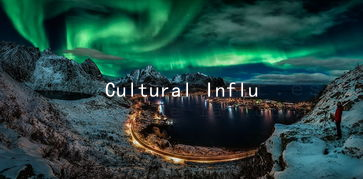Understanding Online Chemistry: How Sexuality Social Media Influences Modern Romance
In the digital age, the landscape of romance has evolved dramatically, with social media and online platforms transforming how we connect with one another. The rise of sexuality social media accounts has introduced a new vocabulary and set of expectations that influence modern relationships. Understanding this dynamic can significantly impact how we navigate romance in today’s world.
Firstly, its essential to acknowledge the role of social media in shaping our perceptions of attraction and desirability. Accounts that focus on sex positivity, relationship advice, and dating tips often present idealized versions of romance. These platforms promote a certain aesthetic that emphasizes confidence, physical appearance, and flirtation. While this can serve as inspiration for many, it also sets unrealistic standards that can lead to disappointment and anxiety in real-life interactions.
Moreover, the language used on these platforms creates a new form of communication in romantic pursuits. Terms like vibe check, ghosting, and breadcrumbing have entered the everyday lexicon, altering how individuals discuss their experiences and expectations in dating. This evolving language facilitates more open discussions about boundaries, consent, and desires but can also lead to misunderstandings if both parties are not on the same page.
Understanding online chemistry becomes crucial in this context. Online interactions often lack the non-verbal cues present in face-to-face encounters, making it easier to misinterpret intentions. Emojis, GIFs, and memes can enhance communication, but they can also obscure true feelings. Therefore, it is vital to approach digital conversations with clarity and intentionality. Articulating feelings, being transparent about intentions, and actively listening can help bridge the gap that online interactions often create.

Another significant aspect of sexuality social media is the empowerment it offers individuals, particularly in how they express their sexuality. Many people now feel more comfortable discussing their desires and preferences openly, which can foster healthier dynamics in relationships. However, this newfound freedom also necessitates a sense of responsibility in how one engages with potential partners. Digital communication can sometimes lead to a detachment from reality; therefore, it is crucial to maintain a balance between online interactions and real-life experiences.
Additionally, social media can serve as a double-edged sword when it comes to self-esteem. Seeing curated lives of seemingly perfect couples can provoke feelings of inadequacy among those who are single or in challenging relationships. It’s essential to remember that these portrayals are often filtered and performative. Practicing self-acceptance and cultivating happiness independent of external validation are essential to building healthy romantic relationships.
In conclusion, navigating romance in the era of sexuality social media requires a nuanced understanding of how online chemistry operates. By being mindful of the language we use, maintaining transparency, and fostering self-compassion, we can better equip ourselves for meaningful connections. As we continue to explore love and intimacy through digital platforms, it is crucial to remember that the essence of romance remains grounded in genuine, human interaction—both online and offline.





